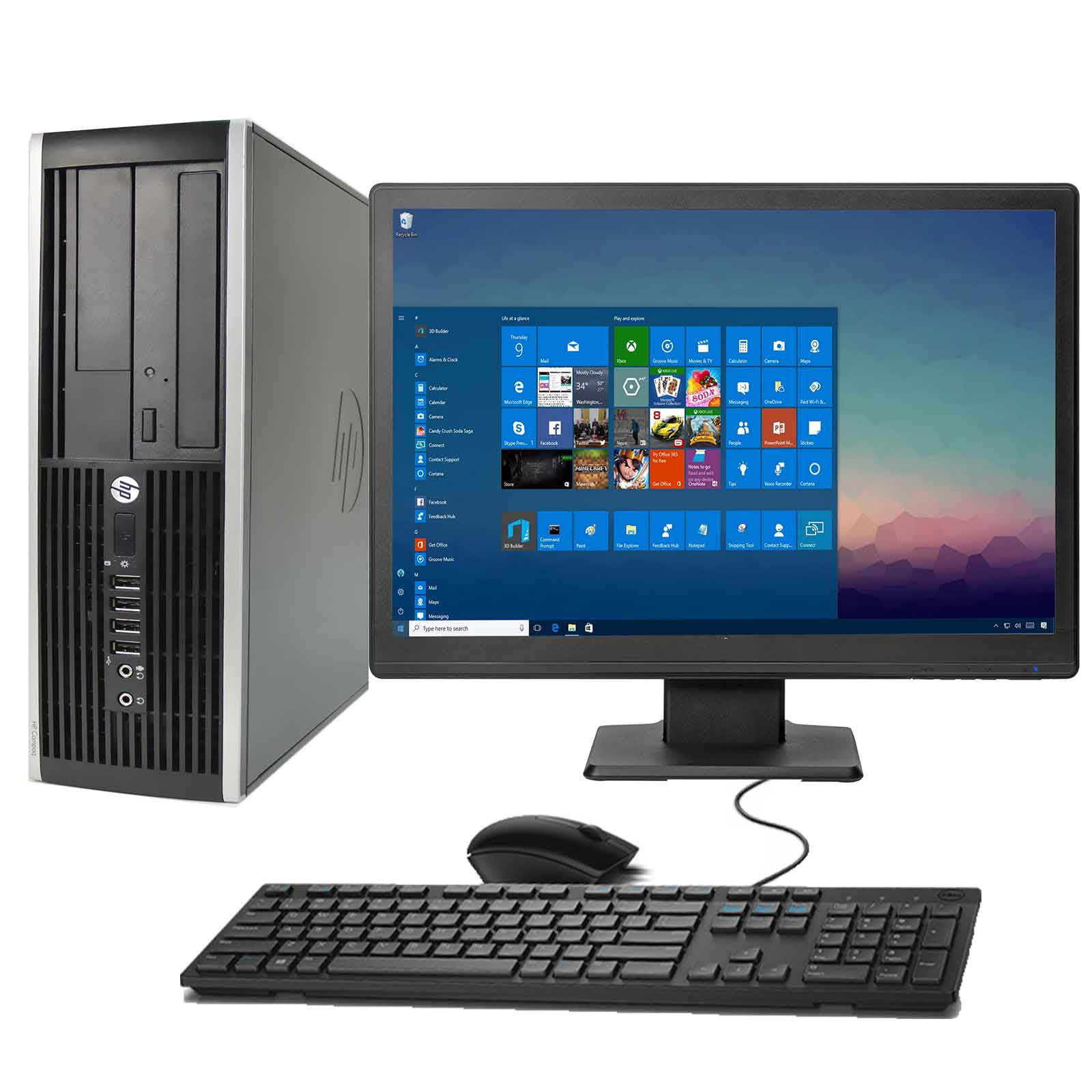

HP’s Slim Desktop has four USB ports and a headphone jack on the front.
#Hp desktopr processor upgrade
HP says this computer has two PCIe slots, so you have a limited upgrade path if you’d like to improve this desktop computer over time. If you’re really concerned about storage, HP says this computer has a slot for an additional hard drive, though we recommend using an SSD like Crucial’s MX500 because it’s a lot faster. You may run into storage issues if you have a large media library, but you’ll be fine if you prefer streaming videos and music instead.

#Hp desktopr processor windows
It runs Windows 11, and has a respectable set of tech specs: a 10th Gen Intel Core Processor, 16GB of RAM, and a 256GB SSD. If you need a tower-style desktop computer for casual use, HP’s Slim Desktop is the right choice. All of them support WiFi and Bluetooth, though, so you have a range of wireless connectivity options, too. Each of our picks has a different assortment of ports, which you should strongly consider depending on how you intend to use your machine. Inputs: A computer’s inputs (known more commonly as ports), are what allow you to connect accessories to your machine. This feature is only available on tower-style desktops. Upgradability: One of the biggest benefits of using a desktop over a laptop is the ability to upgrade it over time. You won’t run into trouble with a smaller SSD (solid-state drive) if you stream most of your media, but you’ll need a larger one if you like to keep large video files or projects on your machine. Storage: We’re recommending a desktop computer with between 256GB and 2 TB (terabytes) of storage. Having more RAM can help apps run more smoothly, and allow you to use more of them simultaneously without slowdown. RAM: The desktop computers in our guide have at least 8GB (gigabytes) of RAM (memory). There are many factors to consider when choosing the best desktop computer for you below are the most important ones, which we considered while we were researching this list. If you haven’t used a desktop computer in a while, don’t worry, we’ve researched the best ones available right now. This won’t be a problem if you need a computer for your home office but could get in the way if you’re used to working from public places, like your local coffee shop. The trade-off is that desktops aren’t portable, and require a lot more space. You can do these things on a laptop, but they’ll take longer and burn through battery life really quickly. This makes them a significantly better choice for high-intensity work like 4K video editing, or resource-intensive tasks like gaming. Laptops offer portability, but if you need raw power and performance, there’s no beating a traditional desktop computer.ĭesktops don’t have the size or thermal constraints of a laptop, and don’t need to consider power consumption because they’re not running on battery power. If you purchase an independently reviewed product or service through a link on our website, Rolling Stone may receive an affiliate commission.


 0 kommentar(er)
0 kommentar(er)
